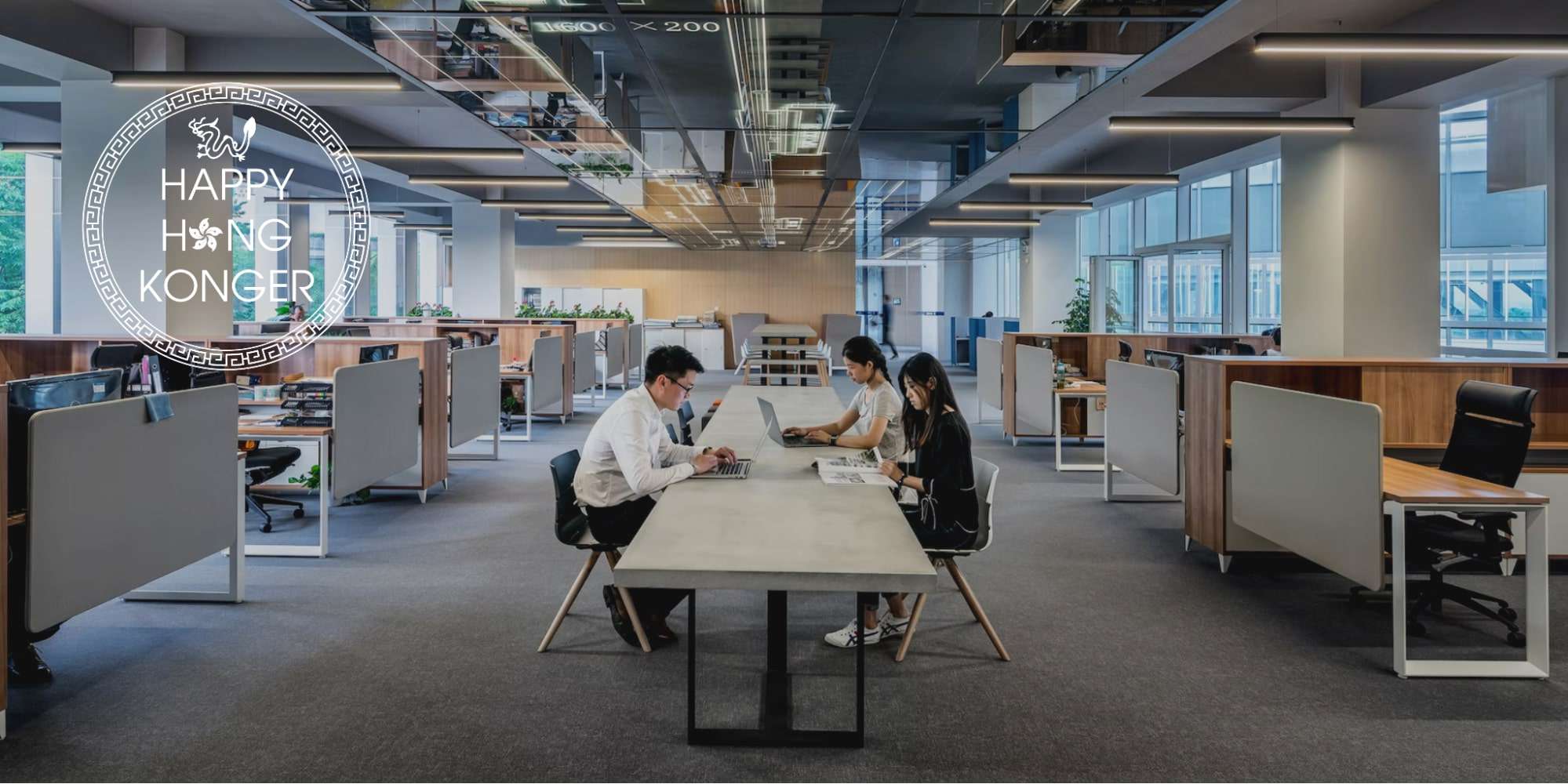Categories > Guides and Tips

What is the work culture in Hong Kong?
The work culture in Hong Kong is formal and professional, with a focus on punctuality and efficiency. It’s also hierarchical, emphasising respect for authority.
Because it also emphasises industry and productivity, it also encourages long working hours. In fact, Gallup’s 2022 poll ranks HK workers as the most stressed in Asia.
Let’s explore Hong Kong’s work culture in further detail below.
Working Hours in Hong Kong
The work week in Hong Kong typically consists of five days, with a standard work day being from 9:00am to 6:00pm.
Overtime is common in Hong Kong to the point of even being expected. It is not uncommon for employees to work long hours, especially in the lead-up to deadlines or important projects.
Some companies may also require employees to work on weekends or public holidays, although employees are generally entitled to additional pay or time off in lieu for this.
That said, it is worth noting that Hong Kong has laws in place to protect workers’ rights and prevent excessive working hours.
The Employment Ordinance sets out the maximum number of working hours per week and the maximum number of hours that can be worked on a Sunday or public holiday.
Employers are required to keep records of their employees’ working hours and to pay overtime pay in accordance with the law.
Hiring Processes in Hong Kong

The hiring process in Hong Kong tends to be formal and structured, with a strong emphasis on qualifications and experience, and there are a number of recruitment agencies you can reach out to.
Job interviews are generally conducted in a formal and professional manner, and it is important to dress conservatively and arrive punctually.
Here are some key points to take note of when it comes to the hiring process in Hong Kong:
- Job search. Job seekers in Hong Kong can use a variety of methods to find job openings, including online job portals, recruitment agencies, and networking with industry contacts.
- Resume and cover letter: It is important to have a well-written and professional resume and cover letter when applying for a job in Hong Kong.
These documents should highlight your education, work experience, skills, and achievements in a clear and concise manner.
- Job interview: Most companies in Hong Kong conduct job interviews as part of the hiring process.
These interviews are generally conducted in a formal and professional manner, and it is important to dress conservatively and arrive punctually.
During the interview, you will likely be asked questions about your work experience, skills, and suitability for the role.
- Reference check: Employers in Hong Kong check references from previous employers or academic institutions as part of the hiring process.
- Offer and negotiation: If you are successful in the hiring process, the company will typically make you an offer of employment.
You may be able to negotiate the terms of the offer, such as salary, benefits, and working conditions.
- Employment contract: Once you have accepted an offer of employment, the company will typically provide you with an employment contract outlining the terms of your employment.
It is important to carefully review the contract and seek legal advice if necessary before signing it.
Dress Code in Hong Kong Workplaces

In the Hong Kong work culture, business attire is generally formal and conservative. Suits are the norm for both men and women, and it is important to present a professional and well-groomed appearance in the workplace.
Men are expected to wear suits with a shirt and tie, and women are expected to wear dresses or skirts in professional colours such as black, navy, or grey.
In some industries or company cultures, the dress code may be more relaxed, and employees may be allowed to wear more casual attire such as jeans or khakis.
However, it is always best to err on the side of caution and dress more formally until you are familiar with the company’s dress code expectations.
As a rule of thumb, it is important to dress appropriately and present a professional appearance in the Hong Kong work culture.
Punctuality in Hong Kong Work Culture
Punctuality is highly valued in Hong Kong’s work culture, and it is important to arrive on time for meetings and appointments.
Being punctual demonstrates a sense of professionalism and respect for others’ time, and it is considered a fundamental part of business etiquette in Hong Kong.
In the workplace, it is important to arrive on time for work and to meet deadlines as agreed upon.
Being consistently late or missing deadlines can be seen as a sign of lack of commitment or disrespect for the company and your colleagues.
It is also important to be punctual for social or business appointments, such as meetings or dinners.
Arriving late for these types of events can be seen as rude or inconsiderate, and it is important to make an effort to arrive on time or to let the host know if you will be delayed.
Language and Communication in Hong Kong Workplaces

Language and communication are important aspects of the work culture in Hong Kong. Business is usually conducted in English in different fields, from construction to law and banking (despite Cantonese being the city’s primary language).
Many companies in Hong Kong also conduct business in other languages such as Mandarin or Japanese, and it can be helpful to have knowledge of these languages as well.
In addition to spoken language, written communication is also important in Hong Kong’s work culture.
Employees should be able to write clearly and concisely in English and communicate effectively through emails, reports, and other business documents.
When employees can articulate well, they will be able to listen actively, express ideas clearly, and be open to feedback and constructive criticism.
Overall, language and communication skills are important in the Hong Kong work culture, and it is important to be able to communicate effectively and professionally in order to succeed in the business environment.
Hierarchy in Hong Kong Workplaces
Hierarchy is an important facet of the work culture in Hong Kong, and there is a strong emphasis on respect for authority and the chain of command in the workplace.
In most companies in Hong Kong, there is a clear hierarchy of management, with higher level managers and executives holding more authority and responsibility.
At the same time, it is important to recognize that hierarchy does not necessarily equate to a lack of flexibility or openness to new ideas.
Many companies in Hong Kong value employees who are proactive and who contribute their own ideas and solutions to problems.
However, it is important to present your ideas in a respectful and professional manner, and to follow the proper channels for communication and decision-making.





